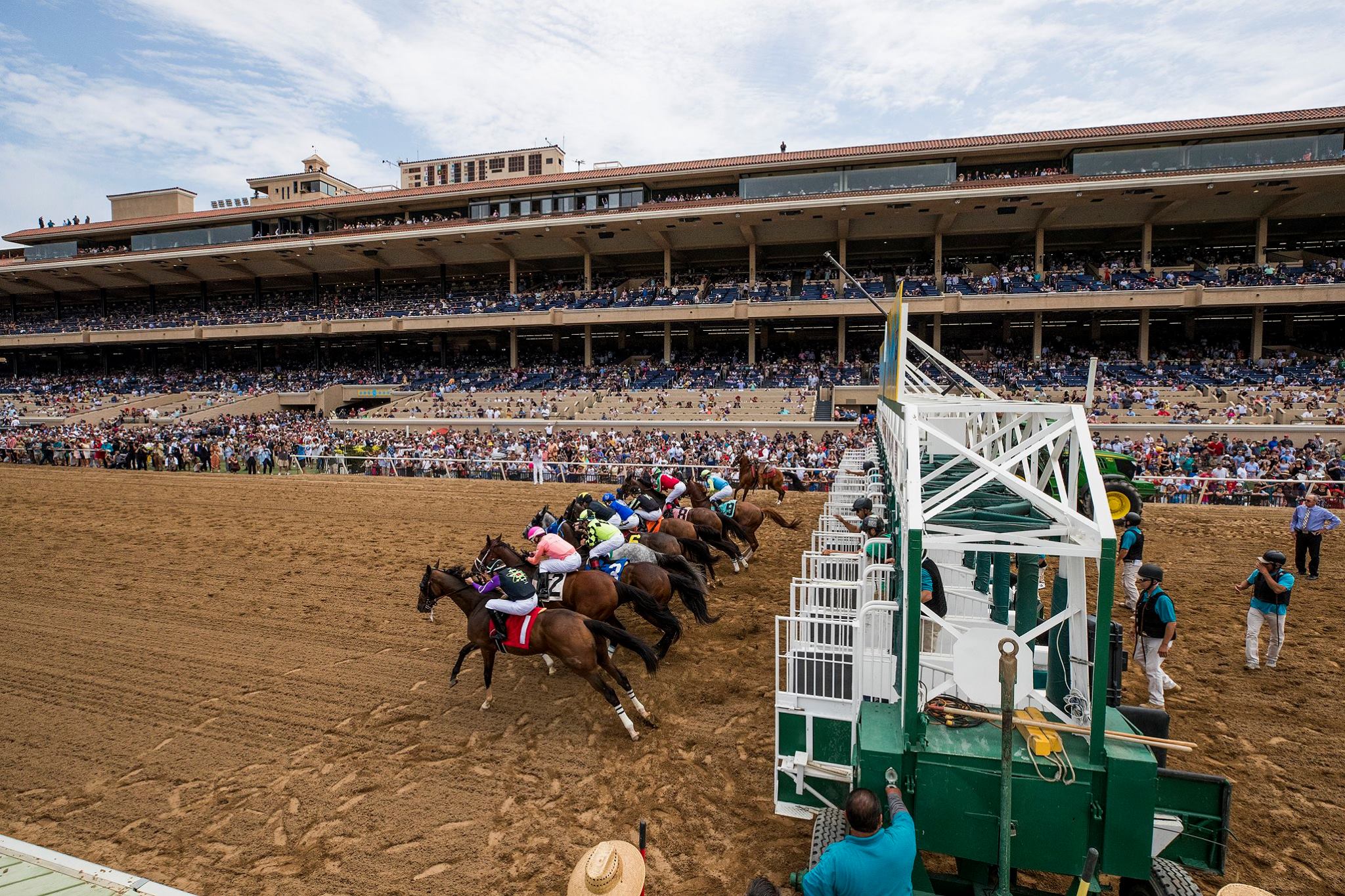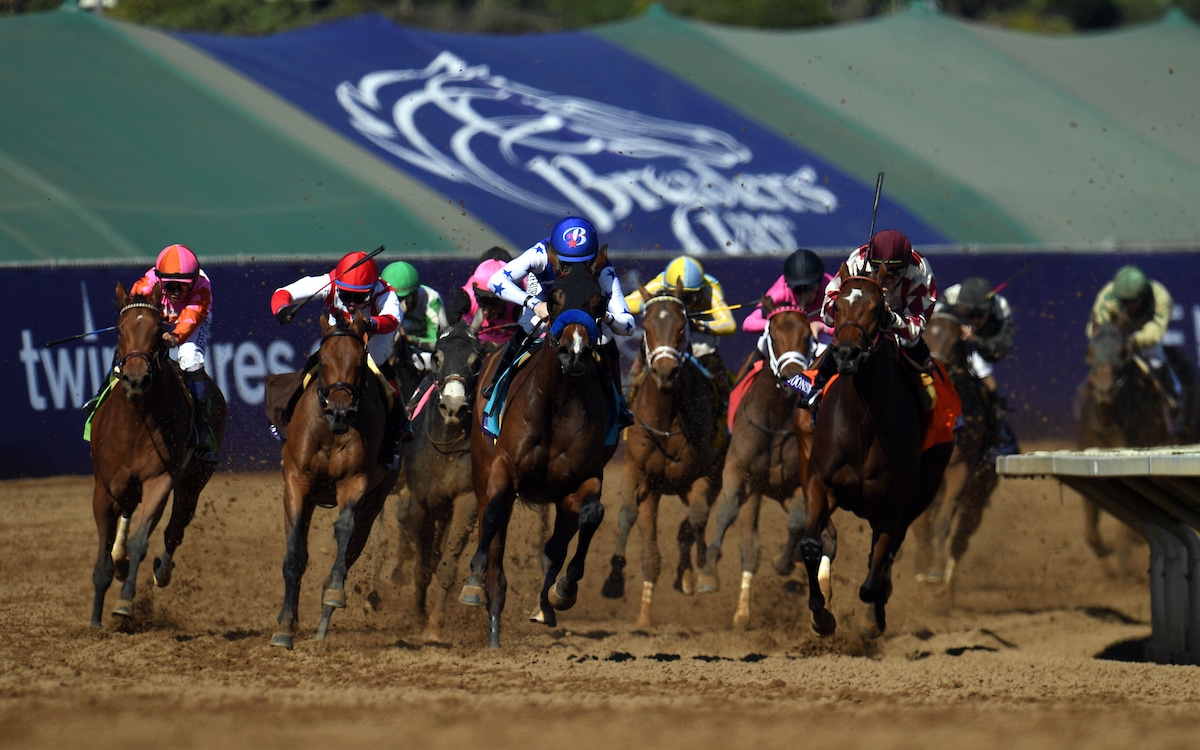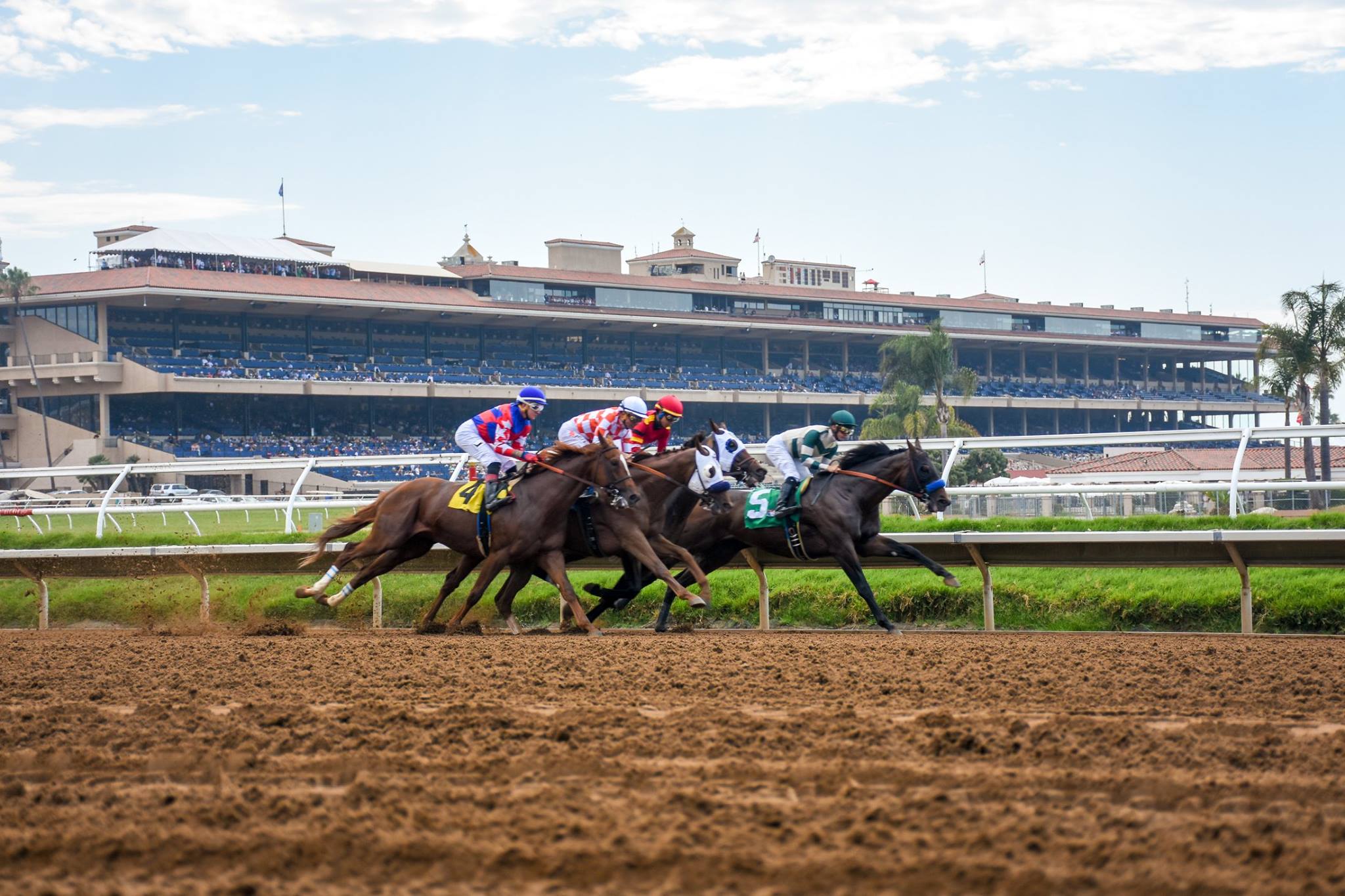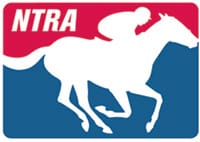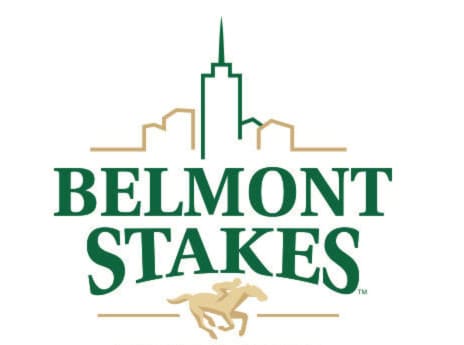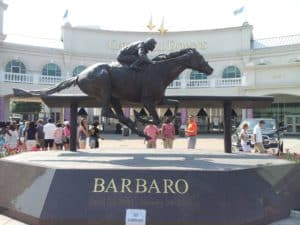
Horseplayers in Nevada have not been able to play the ponies from Churchill Downs, home of the Kentucky Derby.
The state of Nevada has been the epicenter of sports wagering and horse race betting in the US since the Nevada Gaming Commission first established itself in the middle of the 20th Century. With a plethora of casinos offering racebooks on major national and local races, it’s a popular destination for local horse players as well as those who may not be able to participate in their home states.
This autumn and winter, however, something’s been missing from Nevada racebooks and it’s the players who are feeling the brunt of it.
Missing Signals
The problem began on October 25th, when the second-tier racetrack Mahoning Valley Race Course, Ohio opened its winter meet. Their signal, unusually, was not available in any of the casinos in Nevada. At the time nobody made much of a fuss about it, putting it down to a minor NPMA dispute. However, when Churchill Downs, Louisville opened for business on October 27th, their signal was blacked out too, a move that was met with great consternation by horseplayers in the state.
The Nevada Pari-Mutuel Association (NPMA) is a non-profit organisation that effectively enables all of the casinos and their race book operators in the state to negotiate contracts with racetracks and racing organizations as a single entity. Rather than juggle multiple contracts at any one time, these organisations negotiate a contract and agree upon a rate with the NPMA, then once the deal is made the race simulcast signals are broadcast through all the participating casinos.
It’s not unusual for disputes to happen between racetracks and the NPMA; maybe contracts haven’t been renewed on time, or there’s an issue with the rate, but more often than not they get resolved pretty quickly. At worst, a day or two of races are missing, but then it’s business as usual once the contract is resigned and in place. Neither the racetrack nor the organisations in the NPMA umbrella want to lose out on the opportunity to create revenue.
That’s what makes what happened next all the more unusual…
Not a Single Race From the Meet Was Broadcast
Churchill Downs is a famous racetrack and the fall/winter meet is one that horseplayers across the US regularly look forward to. The runners and riders are high-quality and the fields are rarely anything less than full, so there’s plenty of choice for horseplayers and it’s a favourite one to bet into.
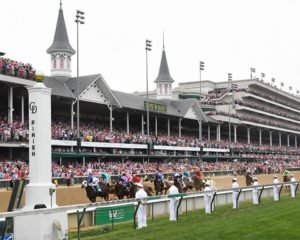
Racing under the Twin Spires has not been available in Nevada. (Photo credit: Churchill Downs).
Closing week especially is one of the most anticipated events on the American racing calendar. Thanksgiving Day spent at the track has been a tradition in Louisville for 50 years, and the Black Friday card features one of the most prestigious races in the season – the $500,000 Clark Handicap. Crucially, it’s also the week where up and coming two-year-olds get to test their mettle in the Stars of Tomorrow races. Races in which horseplayers first get the chance to see how these newcomers will fare in the following spring’s Kentucky Derby.
However, race after race, day after day, week after week not a single race from the iconic track was shown or wagered upon in the Silver State. The impasse continued and by the time closing day came around on December 1st, the entire meet was missing from the state.
The reason? Neither Churchill Downs Incorporated (CDI) nor the NPMA could reach a contract agreement that suited the terms of both sides equally. The solution? Simply blacking out CDI’s signal in Nevada.
The Consequences
This turnaround in events was especially surprising given that the sports betting industry has exploded in growth across the country during 2019. Sports betting is now completely legal in a total of 13 states, with online platforms delivering insightful picks and special incentives for basketball, football and baseball across Nevada, New Jersey, Pennsylvania and more. Losing such a substantial chunk of income like that which Churchill Downs races bring in would’ve done absolutely no favours to Nevada casinos, especially those who are competing with New Jersey casinos to remain the top revenue generators in the country.
The consequences of this dispute have also affected Turfway Park broadcasts within the state. The Florence racetrack was purchased by CDI for $46 million back in October and, come opening day on December 4th, Nevada was dark.

